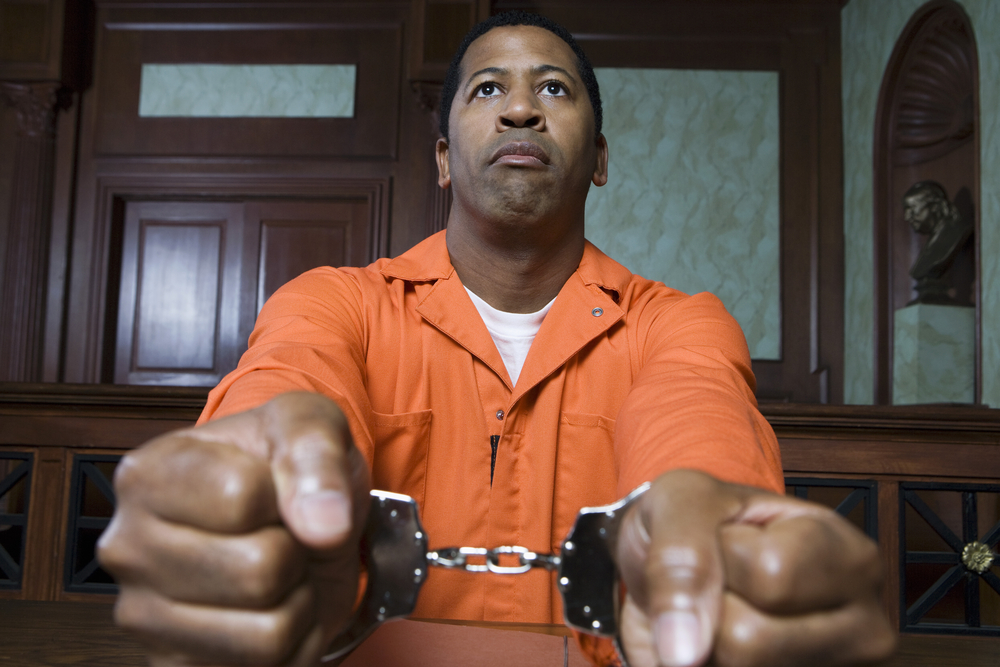The most common misconception people have about deferred adjudication in Texas is that completing it will remove the charge from their records, but that isn’t the case. A deferred adjudication doesn’t disappear if you complete it successfully. You will have to file a petition for non-disclosure so the record can be sealed, and not all offenses are eligible. For a felony charge, you will have to wait five years from the day you completed the probation before you can file for a non-disclosure.

The Difference Between Deferred Adjudication and Straight Probation in Texas
In Texas, probation is called “community supervision.” It consists of two types: deferred adjudication and regular community supervision. In a nutshell, community supervision is an alternative to going to jail or prison. The defendant is allowed by the judge to stay in the community under the supervision of the court, which can be up to two years for a misdemeanor and up to ten years for a felony. The judge will impose certain requirements for the community supervision, which can include the following:
- Regular drug testing.
- Steady employment.
- Community service.
The most important requirement for community supervision is to not get another offense. If you violate the terms of your community supervision, the D.A. can ask the judge to revoke the probation and send you to jail. But, as a condition of your community service, the judge can order you to spend some time in jail. For a misdemeanor, this period can be up to 30 days. For a felony, it can be up to 180 days.
A deferred adjudication probation in Texas is typically offered to first-time offenders, and it’s often a better deal than regular community supervision. If you’re able to complete it successfully, you won’t have a conviction on your record (which a loose legal term that means you have been found guilty). The successful completion of a deferred adjudication in Texas can often be sealed from public view with a non-disclosure, but this kind of community supervision can’t be granted by a jury. So once you decide to go to trial, deferred adjudication isn’t a possibility.
If you’re on deferred adjudication probation in Texas and you don’t comply with the conditions, the D.A. could ask the judge to “adjudicate” you (which means you will be found guilty and be sent to jail or prison). If the judge decides to adjudicate you, you can be sentenced to any term that’s within the “statutory range” of that crime.
There are three main difference between deferred adjudication and regular community supervision:
- Regular community supervision will typically lead to a conviction and, therefore, can’t be sealed or expunged.
- Regular community supervision is usually a punishment option if you decide to have a jury trial.
- If regular community supervision is revoked, the maximum punishment usually isn’t the statutory maximum.
When someone gets regular community supervision, the maximum jail or prison term will be set at the time of the plea.
The Effects of a Deferred Adjudication in Texas
Completing a deferred adjudication won’t lead to a conviction. So in a sense, the charges will be dismissed. It can, however, affect your ability to find employment and could impact any future car leases or sales. In some cases, it can disqualify you from owning a gun or getting licensed by the state to work in certain professions. If you’re an immigrant, it can affect your application for citizenship. Under Federal Law (which governs immigration and most gun laws) a deferred adjudication is still a conviction. The biggest myth in Texas criminal law is that once you finish your deferred adjudication, the offense disappears as if it had never happened. This is a lie that’s told to defendants every day in every courthouse throughout the state.
A deferred adjudication probation in Texas will still be on your record after you have completed it. To erase the record, you will have to file a petition for a non-disclosure. Some deferred sentences aren’t even eligible. Any crime that involves family violence doesn’t qualify for non-disclosure. So if you take a deferred adjudication for a Class A assault involving family violence, it will stay on your criminal record forever. Some deferred sentences also have a waiting period before the petition can be filed. Some misdemeanor assault charges or any offenses related to the unlawful carrying of a weapon require a two-year waiting period before a petition can be filed.
For more information about deferred adjudication probation in Texas and how it can affect you in the future, be sure to speak to someone at Gale Law Group. We’re a criminal defense lawyer in Corpus Christi that deals with all kinds of cases, and we would be glad to help!









